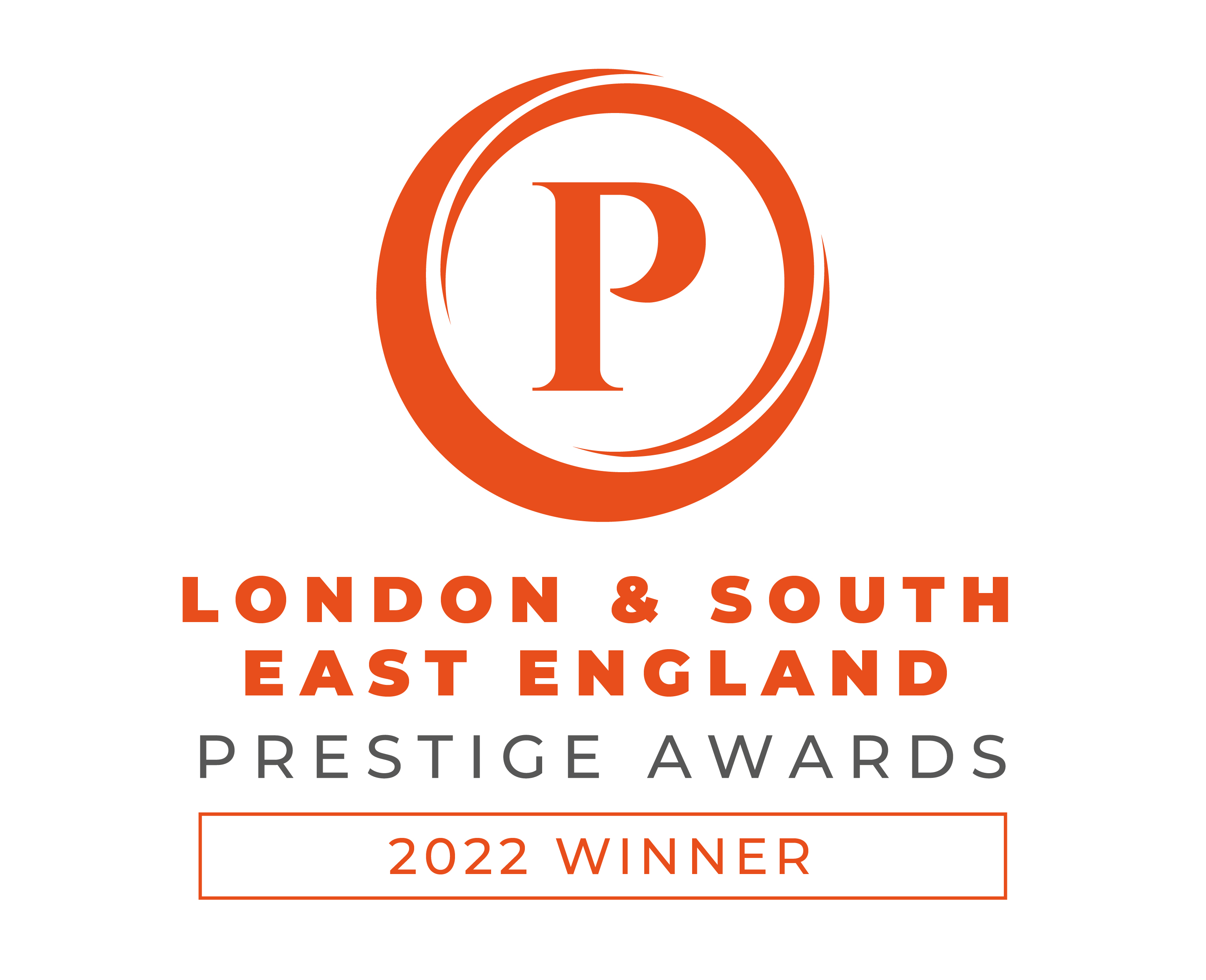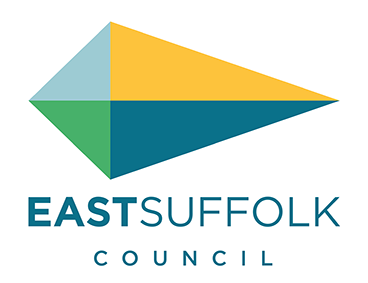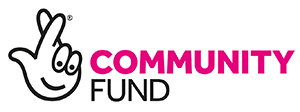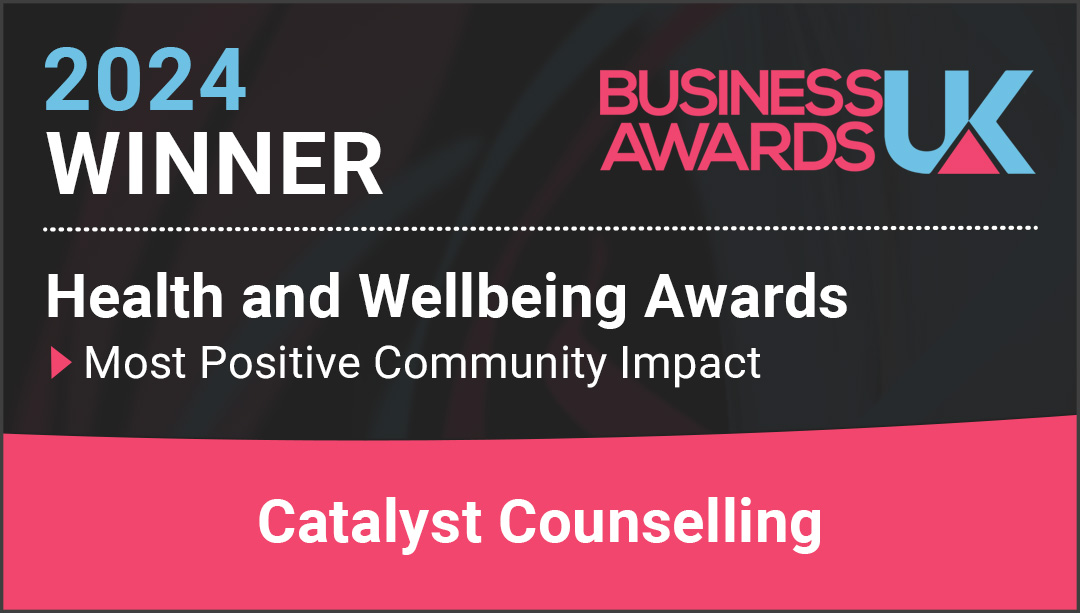Skills Certificate
At Catalyst we provide an integrated programme of training, including our 'Introduction to Counselling Skills' course, which can lead on to the 'Certificate in Psychodynamic Counselling Skills' course.
This course is a one year course running through the academic year with a start date in October. It is designed as a stand-alone course, but can also lead on to our 'Clinical Diploma' course.
What recent trainees have said about the course (2024);
“I am loving the course….. teaching is of a very high quality and very stimulating”
“group discussions are well facilitated by (tutor)”
“I find the balance between theory/discussion/skills practice really useful”
“I feel like everything is useful”
“not death by powerpoint!”
“both tutors have been excellent”
“tutorial feedback was timely, perceptive and related very well to the module content…”
“I find the combination of weekends, experiential group, reading and essays really helpful….. also knowing I can get in touch with the (tutor) about any queries”
“the sessions about the developmental theorists were fantastic….. it is an excellent course”
“within the clear structure and timings of the training sessions, there is always space to share our reflections on what we are learning and practicing”
“essays give us lots of scope to explore our ideas”
Course Aims:
- Students will have developed the basic skills and knowledge pertinent to counselling and psychodynamic counselling - see course content below.
- Students will be able to recognise patterns in behaviour within themselves and others.
- Students will have a working understanding of basic theory about human growth and development.
- Students will have developed a working knowledge and practice of counselling skills.
- Students will have an awareness of working and living in a multicultural society where differences are acknowledged and worked with sensitively.
Course Content:
- Active listening, paraphrasing, and reflecting back.
- Basic theory of empathy, genuineness, respect.
- The importance of boundaries and trust in the counselling relationship.
- Stages of human and psychosocial development.
- Basic Psychodynamic Counselling Theory.
- Linking developmental issues to counselling.
- Experiential group for self-development.
- Understanding the difference between counselling and helping.
- Understanding ethical issues and the BPC/BACP Ethical Frameworks.







